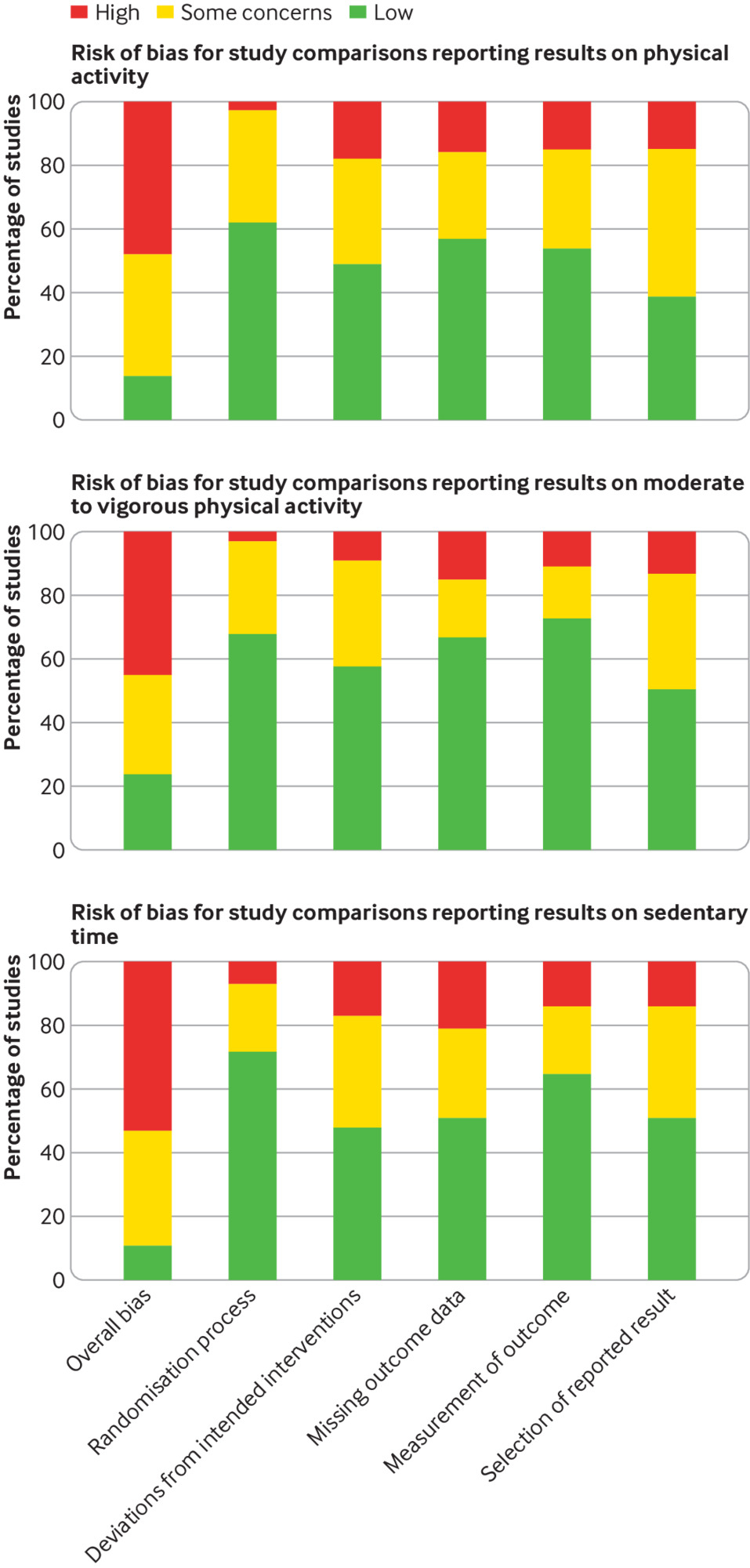An analysis of data from NHANES describes trends in lifestyle behaviors, including healthy eating and exercise, in patients who have had bariatric surgery compared to those eligible for surgery and those of normal weight.
Despite improved adherence to healthy eating behaviors and exercise recommendations, new research suggests that greater emphasis should be placed on optimizing lifestyle changes after bariatric surgery in individuals with severe obesity and metabolic disease.
An analysis of data from more than 4,500 patients comparing lifestyle patterns between those who have had bariatric surgery and those who are candidates for surgery, the results of the study show that having surgery is associated with improvements in lifestyle patterns, but still consistently unable to achieve the levels of adherence and physical activity seen in their normal-weight counterparts.
“Obesity is a chronic disease process and must be treated as a whole, like hypertension or diabetes,” said study researcher Crystal Johnson-Mann, MD, MPH, an assistant professor and minimally invasive/bariatric surgeon in the division of gastrointestinal surgery. the University of Florida College of Medicine, in a statement. “Patients have the best results from bariatric surgery when it is used fully in addition to lifestyle/behavioural changes, such as changes in physical activity and diet. Not all patients after surgery can be as physically active as desired due to ongoing neurological, musculoskeletal or other factors, but physical activity should be strongly encouraged in those who can participate to maximize the benefits of their metabolic surgery.”
Although the acceptance of bariatric surgery has increased in recent years, few studies have examined how undergoing bariatric surgery can affect patient behavior. To do this, researchers designed their study as a cross-sectional analysis of National Health and Nutrition Examination Survey (NHANES) data from survey cycles that took place from 2015-2018 to characterize differences in lifestyle behaviors among normal-weight people, those undergoing bariatric undergoing surgery, and those who were clinically eligible for bariatric surgery.
The researchers’ first search of NHANES data yielded a sample of 11,848 participants ages 18 or older. After categorizing patients into groups based on weight and whether or not they had undergone bariatric surgery, as well as those with missing data, a cohort of 4659 participants was identified for inclusion. This cohort had a mean age of 46.1 (SD, 18.6) years, 58.8% were female, 12.7% were Black and 3.7% reported having undergone bariatric surgery. Among those who underwent bariatric surgery, the median time since surgery was 7 (IQR, 3-10) years.
The main outcomes of the study were self-reported measures to assess physical activity and eating behavior. Measures of physical activity included moderate to vigorous physical activity (MVPA), sedentary activity and whether physical activity guidelines were met, and eating behavior was measured as total energy intake and Health Eating Index (HEI)-2015 diet scores.
In propensity-score-weighted analyses, those undergoing bariatric surgery reported more time spent on MVPA eligible for surgery, with total reported MVPA per week of 147.9 minutes per week, respectively, compared to 97.4 minutes per week. Compared to those of normal weight (45.6%; 95% CI, 13.8-32.4%), the percentage of patients meeting physical activity guidelines was almost 2-fold greater than those in bariatric surgery (23 .1%, 95% CI, 13.8-32.4). %) and surgery-eligible group (20.3%; 95% CI, 15.6-25.1%).
Further analysis of the HEI-2015 scores showed that the HEI scores were higher for those of normal weight (54.4; 95% CI, 53.0-55.9) than for those undergoing bariatric surgery (50 .0, 95% CI, 47.2-52.9) or were eligible for surgery (48.0; 95% CI, 46.0-50.0). In addition, the mean scores when assessing HEI components were similar between those who underwent bariatric surgery and those who were clinically eligible for surgery. Researchers also noted that daily total energy intake was lowest in those undergoing bariatric surgery (1746 kcal; 95% CI, 1554-1937), followed by those of normal weight (1943 kcal; 95% CI, 1873- 2013) and those who were eligible for bariatric surgery (2040 kcal; 1953-228).
“Providing nutritional advice and support to help patients make and maintain postoperative changes in their dietary intake and physical activity is key to supporting long-term weight loss,” said senior researcher Kathryn Ross, PhD, MPH, an associate professor of clinical and health psychology in the College of Public Health and Health Professions, in the aforesaid statement. “Providing positive, non-judgmental support and helping patients set realistic, achievable goals may also benefit postoperative patients trying to change their eating and activity patterns.”
This study, “Assessment of Physical Activity and Healthy Eating Behavior in US Adults Undergoing Bariatric Surgery,” was published in JAMA Network Open.
What foods can you not eat after gastric sleeve?
Foods to Avoid After Bariatric Surgery This may interest you : Medscape Hospitalist Lifestyle, Happiness and Burnout Report 2022.
- Red meat that is tough or dry.
- Greasy, high-fat foods.
- Heavily spiced or spicy foods.
- Sugar alcohols, such as erythritol, glycerol, mannitol, sorbitol and xylitol.
- Food heated in the microwave.
Can I eat mashed potatoes after a gastric sleeve? Bariatric pureed diet foods include: Mashed potatoes. Unsweetened applesauce.
Can you eat pizza after gastric sleeve?
Pizza and pasta are normally favored, but after bariatric surgery, they should be consumed in moderation. If you eat pizza, order a thin crust and add vegetables and lean meats, such as chicken or Canadian bacon. In general, you should choose a menu item that focuses on protein, such as grilled chicken or seafood.
How long does stomach take to heal after gastric sleeve?
However, your stomach will still heal. On average, it takes about 2-3 weeks for the incisions to heal and 6-8 weeks for the staple line in the stomach to heal. Read also : Living a ‘Studio Vegan’ Lifestyle. After a month, most people can begin a normal exercise routine and are well on their way to a full recovery.
Is baked sweet potato healthy?
Baked sweet potatoes are a nutritious and healthy complex carbohydrate that you can enjoy all year round. Both sweet and savory, this best potato crop is packed with vitamins, minerals, antioxidants and fiber. This may interest you : Long-term weight loss associated with pharmacotherapy and lifestyle interventions. Sweet potatoes can be mashed and served as a side dish, in stews, or sliced and baked for sweet potato fries.
Is sweet potato good for weight loss? Sweet potatoes can encourage or limit weight loss, if that’s your goal, depending on how you enjoy them. They are delicious, rich in nutrients and high in fiber. This means they can help you lose or maintain weight by making you feel full for longer.
Are roasted sweet potatoes fattening?
This versatile vegetable can be used in making a variety of delicious dishes. However, they have gained a reputation as a fattening vegetable and are considered a high-calorie food and high in starch. But that is not true. In fact, sweet potatoes are considered a healthier alternative to potatoes.
Is eating a sweet potato everyday healthy?
Just one sweet potato gives you 400% of the vitamin A you need every day. This helps keep your eyes healthy as well as your immune system, your body’s defenses against germs. It is also good for your reproductive system and organs such as your heart and kidneys.
Which is healthier baked potato or sweet potato?
Baked sweet potatoes contain more than double the fiber of the regular potato, with less starch but much more sugar. Looking at the micronutrients, sweet potatoes again come out on top in 10 of the 12 minerals we measured (baked sweet and regular potatoes contain the same amount of selenium, if you’re wondering).
Do sweet potatoes burn belly fat?
Sweet potatoes are rich in fiber, which can help you lose weight and belly fat. The high fiber content of sweet potatoes makes you feel “full” after your meal, helping you stick to a calorie-restricted diet. The root vegetable also contains a specific type of fiber called resistant starch.
When should I eat sweet potatoes to lose weight? Super low calorie food Sweet potatoes have a relatively low calorie content, which can be a great snack when you are hungry. This doesn’t mean you fry and enjoy it; instead, choose to roast or grill it to ensure healthy weight loss.
Is potatoes good for flat tummy?
potatoes. Yes, potatoes are another potassium-rich, good-for-you food… as long as you don’t pile on the butter and sour cream. Consumed in moderation (and with the skin on), they aid digestion and help beat bloating.
Can sweet potatoes make you gain weight?
However, sweet potatoes have a reputation for being a fattening vegetable due to their high calorie content. But that is not true. In fact, sweet potatoes are considered a healthy alternative to regular potatoes and have been scientifically proven to aid weight loss.




